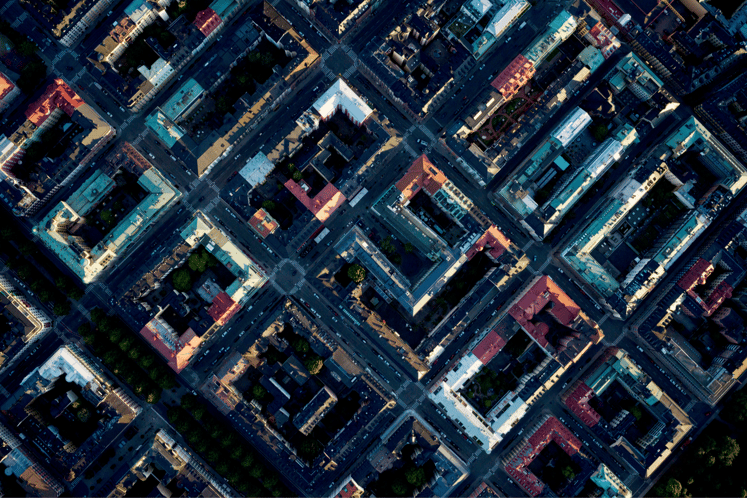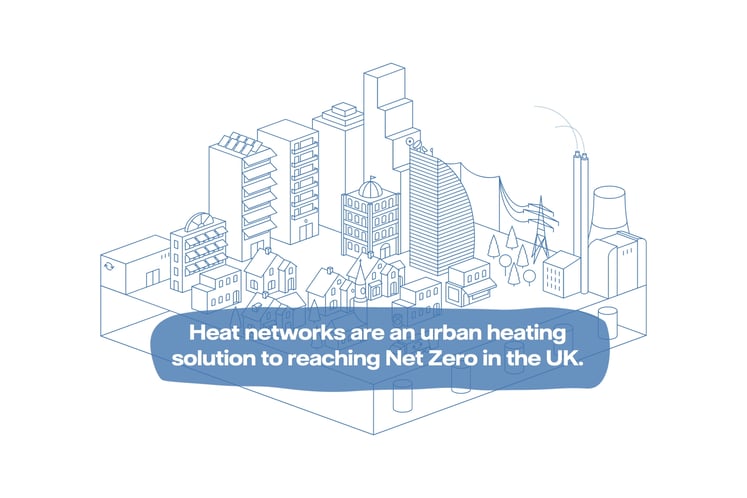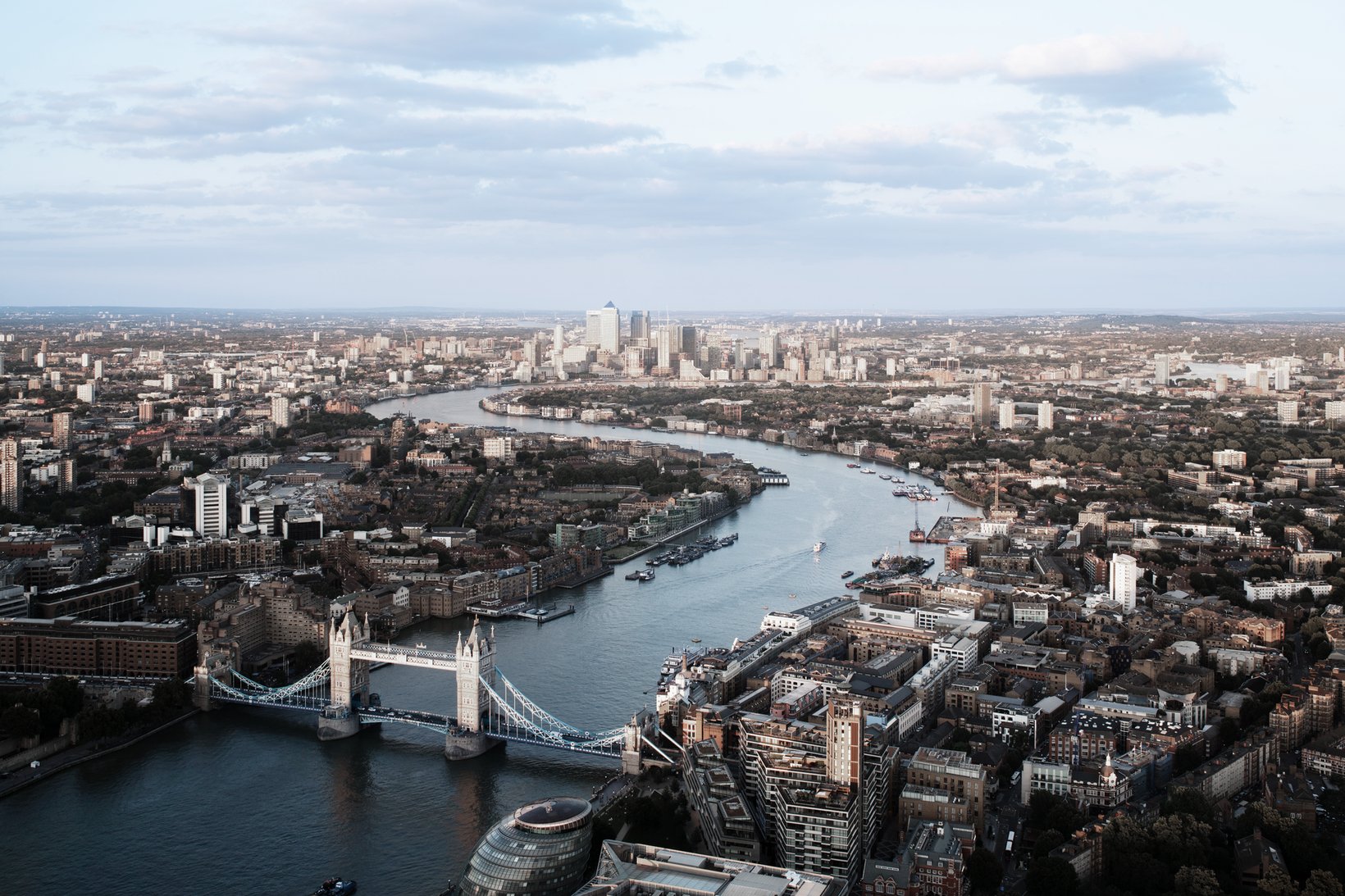
Vattenfall is transforming UK cities with low-carbon heat networks
At Vattenfall, we design, build and operate low-carbon, city-scale heat networks by partnering with local authorities and housing developers to support them on their journey to fossil freedom. We work with manufacturers, data centres and recycling plants to capture their waste heat and use this as energy for hot water and heating.
Video player requires marketing cookies.
To view this content please click here to allow marketing cookies.
Why heat networks?
If we aren’t relying on fossil fuels, how do we heat our homes?
That’s where heat networks come in.
Video player requires marketing cookies.
To view this content please click here to allow marketing cookies.
What are the opportunities for the private sector?
We provide developers with an all-inclusive service to deliver reliable energy solutions to homes and businesses.
We work with data centres and waste and recycling plants to capture and re-use their waste heat.
Video player requires marketing cookies.
To view this content please click here to allow marketing cookies.
Why should local authorities partner with us?
Vattenfall is an expert in designing, building, operating, and maintaining low-carbon heat network infrastructure.
We can help you to reach your net-zero targets.
Video player requires marketing cookies.
To view this content please click here to allow marketing cookies.
How do heat networks operate in an urban environment?
Our UK heat networks
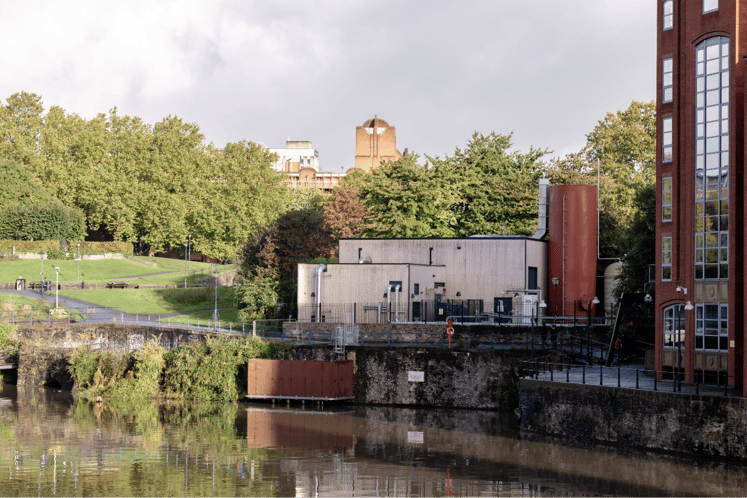
Bristol
Our Bristol heat network currently supplies the equivalent of 6,000 homes with heating and hot water.
The long-term goal is to connect nine heat network areas to improve energy self-sufficiency and future-proof the heat supply in Bristol.
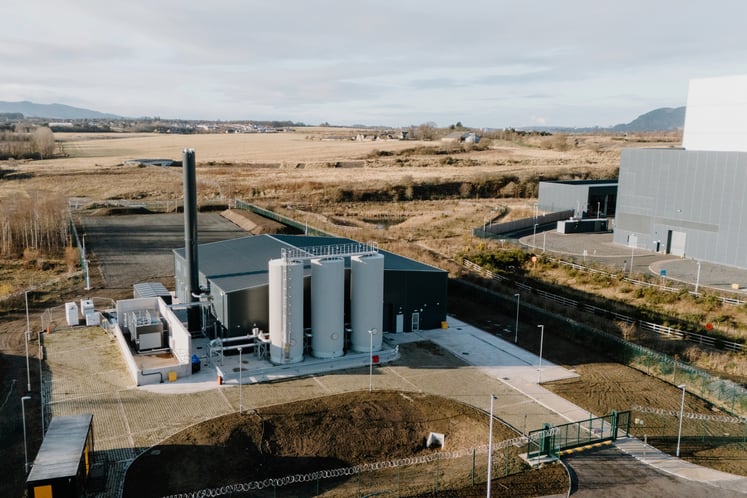
Scotland
We are delivering low-carbon heating and hot water across Scotland through our expanding heat networks.
We’re currently working in partnership with Midlothian Council and developing additional projects in Edinburgh and Granton.
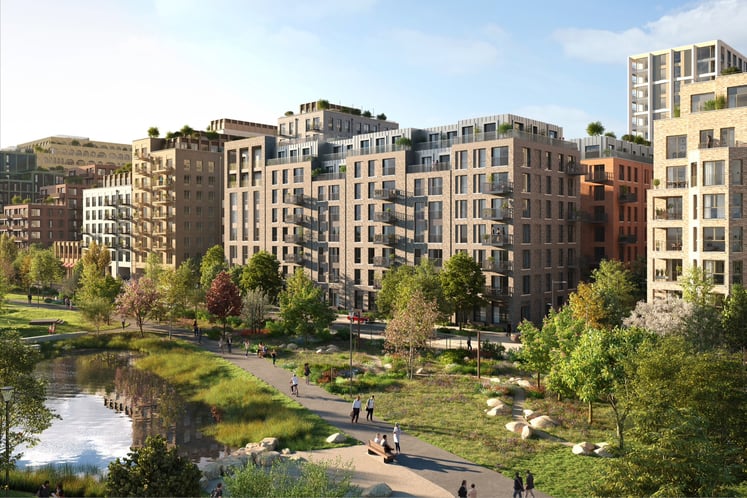
London
As an experienced energy partner in London, we are working with local authorities and developers to meet their net zero targets.
The Mayor’s ambitious target is that 460,000 buildings in London must be connected to a heat network by 2030.

